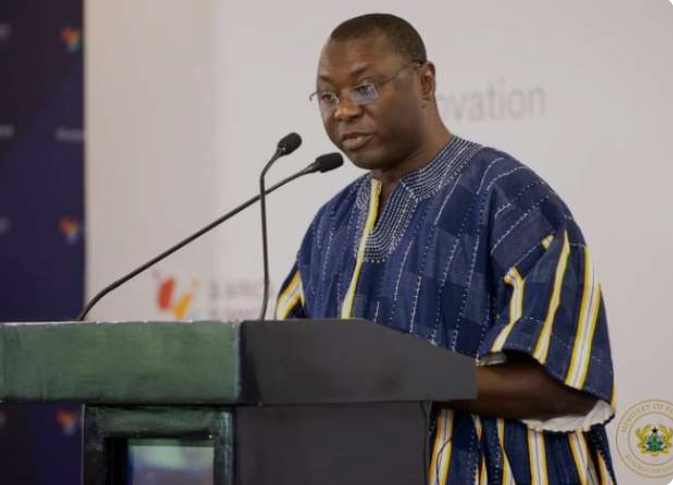
A research fellow at the Institute for Fiscal Studies (IFS), Mr. Leslie Dwight Mensah, has cautioned that Ghana’s economy is still in a precarious state, despite some improvements since the crisis began in 2022.
“Ghana’s economy remains highly unstable,” Mr. Mensah said on Morning Starr, hosted by Lantam Papanko. “Things are better today than they were at the zenith of the crisis, but things remain worse today than they were before the crisis.”
Mr. Mensah cited high inflation rates, exchange rate instability, and high interest rates as evidence of the economy’s fragility. “Inflation is still a very high rate of 21 percent, which is more than double the average rate of 10 percent we had been experiencing before the crisis,” he said.
He also noted that the exchange rate has been unstable, with the cedi falling by 19 percent against the dollar in the first half of the year, and interest rates remaining high, making it costly for the government and individuals to borrow.
Mr. Mensah emphasized that the economy is prone to shocks and that any unexpected adverse turn in the international environment could send Ghana back into crisis. “We don’t have proper shock absorbers, and any shock that may come could seriously derail us,” he said.
He likened Ghana’s economic situation to a climb up a cliff, saying, “We have taken measures that have enabled us to begin to climb up again from the valley, but we are yet to reach the cliff edge from where we fell. If a sudden unexpected adverse turn in the international environment were to occur, you’ll be back in crisis.”
Mr. Mensah urged the government to take measures to build buffers and reserves to better accommodate the impact of potential shocks and crises. “We have got to get back to the cliff edge and move away from the cliff edge. That’s when you have built enough buffers and reserves,” he said.
Source: Kasapafmonline.com/Sena Afi Senanu



